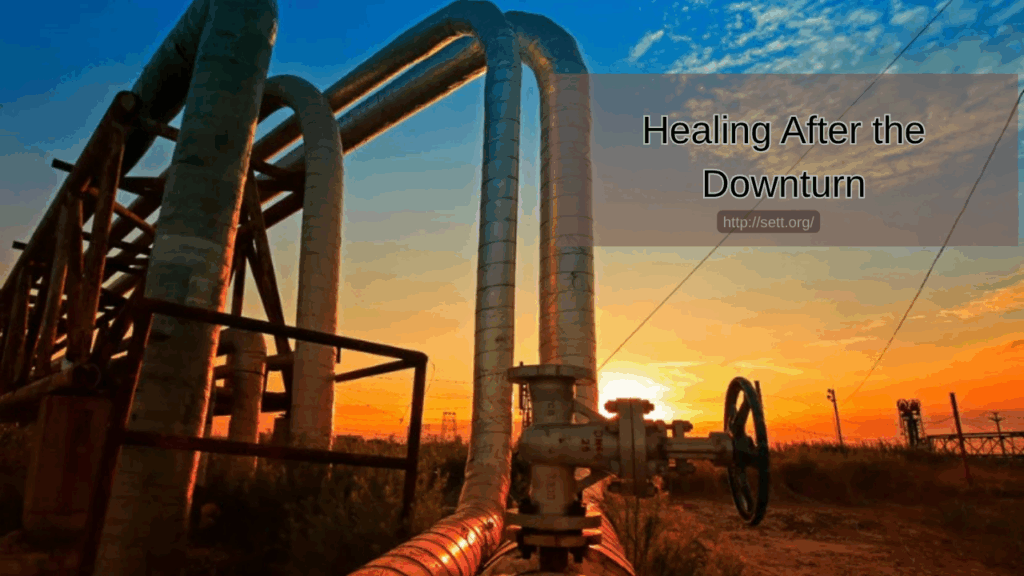
When an oil sands boom ends, the impact ripples far beyond the job market. Families face uncertainty, mental health struggles increase, and communities that once thrived on steady work and high wages must learn to rebuild from the inside out. The end of economic prosperity often brings emotional and spiritual challenges that mirror the struggles many individuals face in recovery. But just as people can heal from addiction and loss, towns can also recover by focusing on connection, resilience, and renewal.
The Human Cost of Economic Decline
When the oil slows, life in oil sands towns changes overnight. Work camps that once bustled with energy become quiet. Local businesses close, and once-secure workers find themselves questioning their purpose. These shifts take a toll on mental health. Anxiety, depression, and addiction can surface when people lose not just their income but their sense of identity.
For many, the transition feels like withdrawal from a way of life. The stress of financial instability can strain relationships and erode self-worth. Without the structure of steady work, people may turn to substances or unhealthy habits to cope. Acknowledging this emotional weight is the first step toward healing, both individually and as a community.
Finding Stability Through Connection and Support
Recovery—whether from addiction, trauma, or economic loss—always begins with connection. Oil sands communities that thrive after a downturn often do so by leaning on one another. Faith groups, mental health professionals, and recovery centers like SETT provide safe spaces for people to process pain and rediscover hope.
At SETT, healing is approached holistically. This means addressing not only the physical effects of addiction or stress but also the mental, emotional, and spiritual aspects of a person’s life. Through inpatient and outpatient programs, individuals learn coping strategies, rebuild confidence, and reconnect with their values. Communities benefit when individuals regain strength, because recovery spreads outward—it inspires families, neighborhoods, and entire towns to heal together.
Rediscovering Purpose and Building Resilience
After the bust, new beginnings often come from unexpected places. Many workers use this time to retrain, start small businesses, or pursue education. Others find fulfillment in service, mentoring, or faith-based outreach. Resilience grows when people recognize that their value is not tied solely to their occupation.
Healing also requires mental health awareness. It’s vital to replace silence and stigma with open conversations about stress, depression, and substance use. When communities normalize seeking help, they create stronger foundations for the future. Recovery centers play an important role in this transformation, helping people develop practical tools to manage uncertainty and embrace new directions in life.
Hope for the Future
Economic downturns are painful, but they also offer a chance to rebuild with purpose. Oil sands towns that focus on community wellness, mental health, and compassion often emerge stronger than before. Healing takes time, patience, and faith—but it is possible.
If you or someone you know is struggling with the emotional or mental effects of uncertainty, help is available. SETT provides comprehensive addiction recovery and mental health treatment programs designed to meet each person where they are and guide them toward lasting change.
Reach out today to learn how you can begin your own journey of healing and renewal. Even after the hardest seasons, hope remains—and recovery is possible for both individuals and communities.